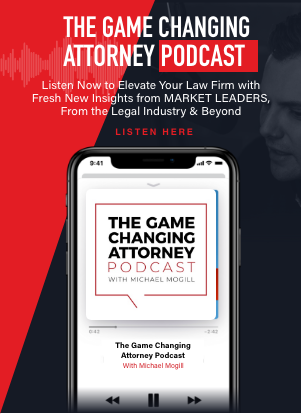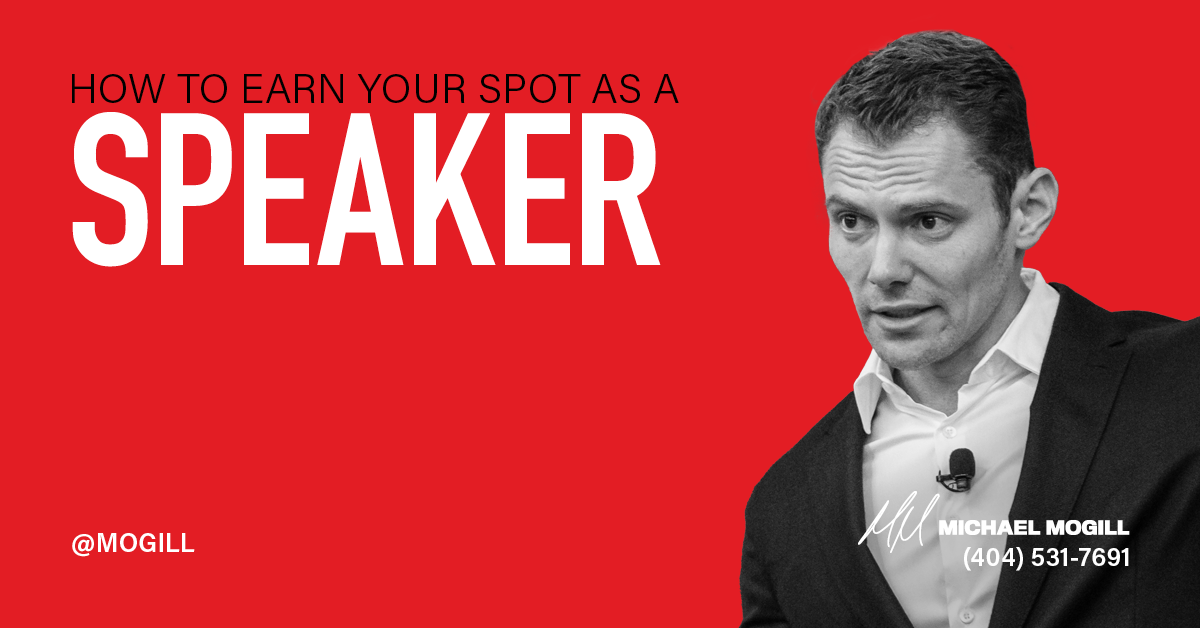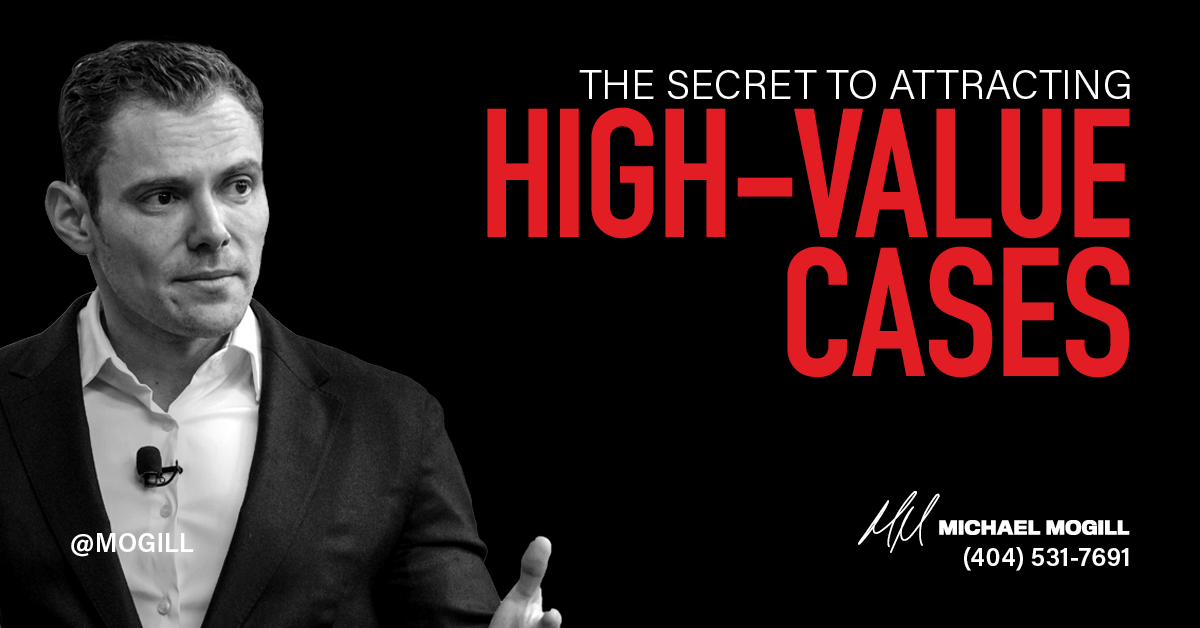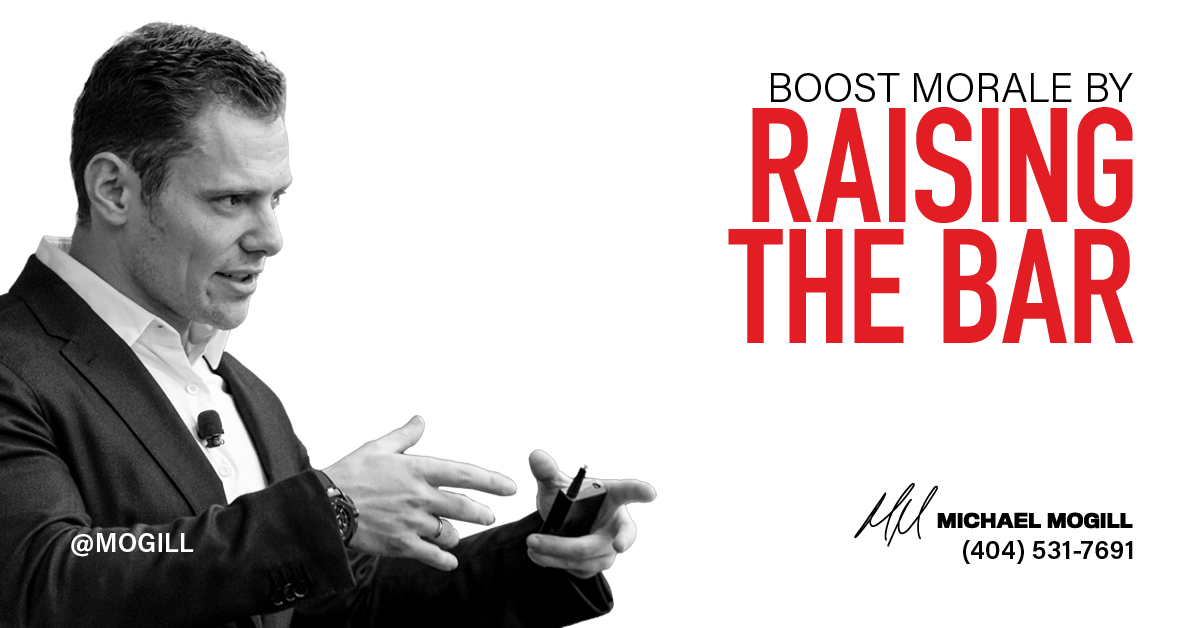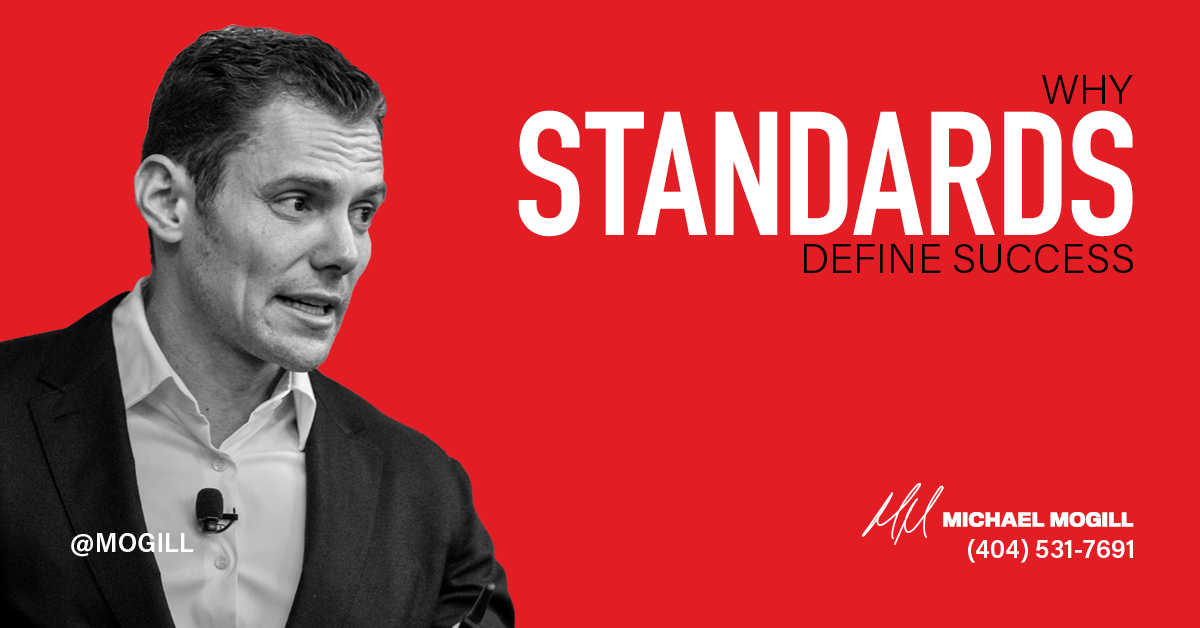Has anyone ever told you that they want to grow?
Maybe you’ve told yourself this: “I wish I had more patience, I wish I would grow.”
But when you really dig into that desire and discover what leads to growth and patience, you’re not prepared to work for it.
I’ll give you a perfect example. I said for a long time that I wanted to be a more patient person. Patience was not one of my strengths. Lo and behold — my daughter was born. We had our first child, and I was confronted with situations that required tremendous patience.
What’s interesting is that, when confronted with those situations, once you overcome them, that is what empowers you to become a more patient person.
It’s the same thing when it comes to growth. One day, you’re faced with the very situations, challenges, barriers, and problems that — should you choose to endure them — will empower you to grow.
These obstacles are the opportunity to achieve the very thing you want to achieve.
But there is a great tragedy that happens when we are faced with becoming the people we want to become. It is dependent upon how we respond.
Think about it. You want to grow. So when you are confronted with a situation that can lead to your growth as an individual, you must address it, solve it, go through it.
In reality, when confronted with these problems, the very same people that say they want to grow instead turn around and say, “No thanks,” robbing themselves of that growth opportunity.
The same goes for patience. If you want to become a more patient person and then are confronted with a situation in which someone tests your patience, rather than saying, “What an opportunity this is to become a more patient person,” you may respond negatively and lose the chance to gain that lesson.
There’s this great book, Man’s Search for Meaning by Viktor Frankl. It takes you through his experience in concentration camps. It’s a very important read. He addresses the fact that the people in these camps had everything taken away from them. The clothes off their backs, their identity — everything.
While in these concentration camps, what is it that drove them to endure that suffering, not knowing whether they were going to be there for a matter of months or a matter of years?
Most did not survive. But Frankl addressed the fact that the ones who did survive shared the mindset of seeing a greater purpose in their suffering.
There’s a quote in the book from Friedrich Nietzsche that says, “He who has a why to live can bear almost any how.”
These victims saw the suffering that they were enduring as an opportunity to persevere and to find meaning through that suffering.
Frankl goes on to discuss logotherapy, the idea of finding meaning in even the darkest of pits and the most challenging problems.
I’ll close out with this: whether you want to grow, whether you want to be more patient — whatever it is that you want, or whomever you want to become — when confronted with the situation that allows you to actually become that human being, go through it. Endure it. Solve the problem.
View it as life happening for you rather than to you. Because sometimes the way out is the way through.

